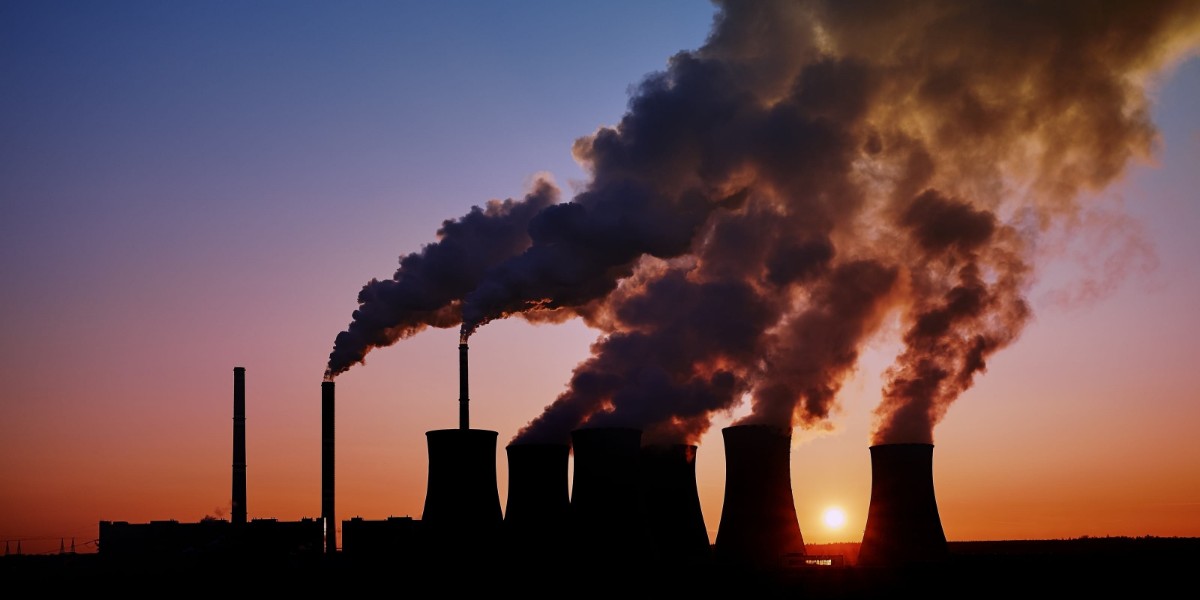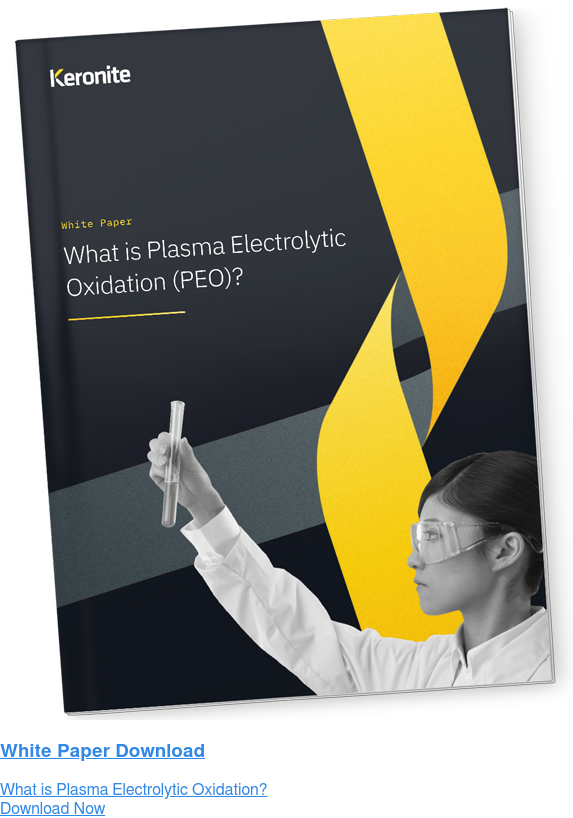Manufacturers take the climate change heat as calls for corporate CO2 reporting signal new investment agenda
The founder of the hedge fund TCI, Chris Hohn, has sent a warning to companies over their environmental commitments. In a statement which suggests big changes to the investment landscape for carbon-heavy manufacturers, he said that companies in the fund’s portfolio must publicly report their CO2 emissions. Those who refuse face punishment and possibly withdrawal of investment.
TCI will also require those it deems the worst offenders to publish reports detailing their strategy and objectives for reducing emissions, as reported by the Financial Times.
Hohn warned fellow funds must adopt similar policies to fulfil their ethical obligations around climate change. “Investing in a company that doesn’t disclose its pollution is like investing in a company that doesn’t disclose its balance sheet,” he said, adding: “If governments won’t force disclosure, then investors can force it themselves.”
The comments come in the week that world leaders meet in Madrid for the UN’s COP25 climate summit, and amid a UK election campaign in which climate change has featured at the forefront of the debate for the first time. This intensifying focus on environmental protection from politicians, activists and the public means investors are coming under increasing pressure to take action.
Challenges for manufacturers
It is likely this trend will continue and funds across the board will begin to demand more climate accountability from the companies they invest in. This will undoubtedly present major challenges for high carbon-producing manufacturers – some of the companies currently most reluctant to release information on their emissions.
If Hohn’s logic becomes universally accepted, and the investment world moves to adopt an explicitly environmentally-focussed approach, certain companies will face a narrowing of investment avenues. In letters sent to several companies in its portfolio, TCI reinforces this point: “TCI believes that climate change-related risks, in particular a company’s greenhouse gas (GHG) emissions, will have a material effect on a company’s long-term profitability, sustainability and investor returns.”
However, there is growing awareness that, long-term, the climate crisis presents a unique opportunity for development in manufacturing industries. In taking measures to cut emissions for the purpose of safeguarding investments and revenue, manufacturers can actually make strides in technology, efficiency and the long-term viability of their products.
Rapidly reducing the environmental impact of the manufacture of metal products
What exactly do these emission-reducing measures look like for manufacturers of metal products? Industries like, for instance, aviation cannot consider carbon-neutrality until technology has significantly advanced, but there is serious scope for improvement in the type of materials they produce and their impact on the planet.
A move towards light alloys over heavy metals is the primary way manufacturers can make the significant improvements that demonstrate the environmental commitment investors want to see. But there is a reason this is difficult. Heavier metals inherently provide many of the properties required for the industries manufacturers produce for; namely, durability and longevity.
Innovative surface technology like that produced by Keronite has provided a genuine breakthrough, making it far more feasible for manufacturers to transition to light alloys. Our unique PEO metal coating extends the life of lighter metals to match or even exceed that of heavy equivalents.
The technology improves wear resistance, strain management and corrosion protection, while its fatigue protection qualities in particular allow for additional weight saving. Furthermore, PEO coating is a fundamentally clean technology, meaning the net gain of using it to improve light alloys is considerably more pronounced than with alternative types of coating.
There is no doubt that it is incumbent upon industry to actively and rapidly decarbonise. However, the pro-transparency stance taken by hedge funds like TCI, and the direction this suggests investors are moving in, leaves manufacturers with only one responsible course of action. It’s imperative they display for the world to see their efforts to accomplish real change; this will be a challenging process but one that looks set to provide benefits in the short and long-term for manufacturers.

